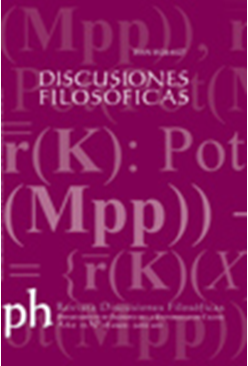Authors
Abstract
The question of whether intensional languages are more expressive than nonintensional languages is raised within the framework of a semantic view of theories. From this perspective, the question is this. Are there model classes that can be characterized by theories using intensional concepts that cannot be characterized by theories that do not use intensional concepts? A precise formulation of this question is suggested, but no answer is given. To approach this question, model theory of first order theories is summarized [II] and the semantic approach to theories using non-intensional, theoretical augmentations of first order theories is reviewed [III]. Intensional augmentations of first order theories are sketched [IV] but not rigorously defined. This intensional language provides the apparatus for attributing language use and intensional attitudes to individuals whose behavior is the object investigation. It also provides apparatus for talking about translation from the attributed language to the investigator’s language. The initial question then becomes whether there are model classes that can be characterized by intensional augmentations of first order logic that cannot be captured by non-intensional theoretical augmentations [V].
References
Davidson, D. Essays on Actions and Events. Oxford: Clarendon Press, 1980. Print.
- - -. Inquiries into Truth and Meaning. Oxford: Clarendon Press, 1984. Print.
Jeffrey, R. The Logic of Decision. New York: McGraw-Hill, 1965. Print.
Quine, Willard V. O. Word and Object. New York: Wiley, 1960. Print.
Ramsey, Frank P. “Theories”. The Foundations of Mathematics. New Jersey: Littlefield, Adams & Co. Patterson, 1960. Print.

 PDF (Español)
PDF (Español)
 FLIP
FLIP
























